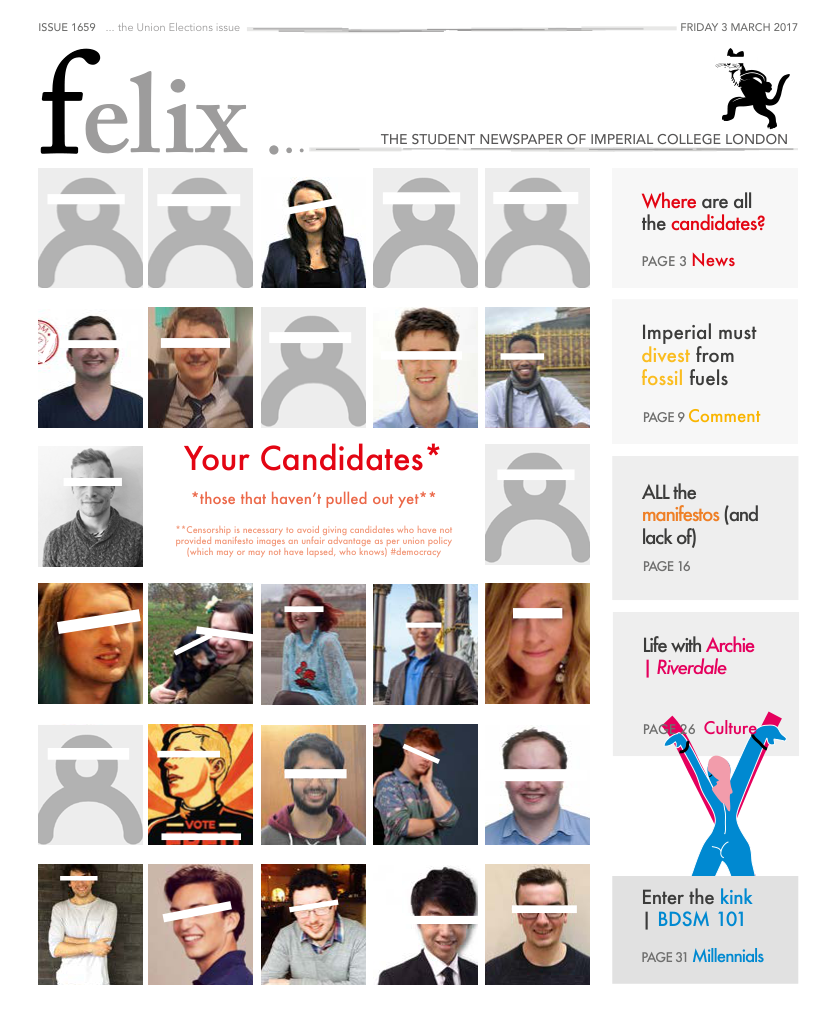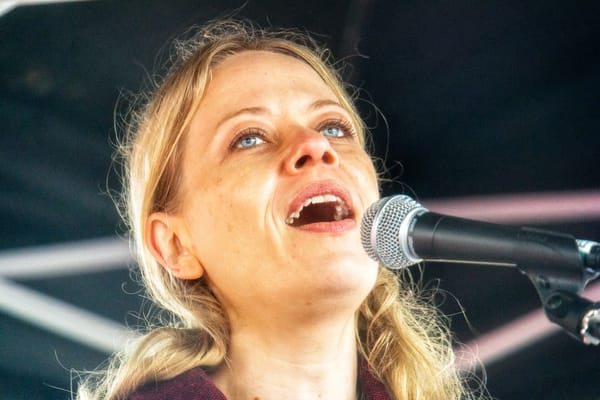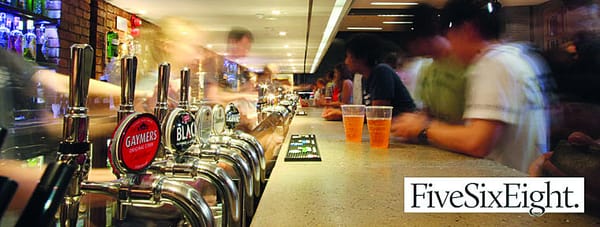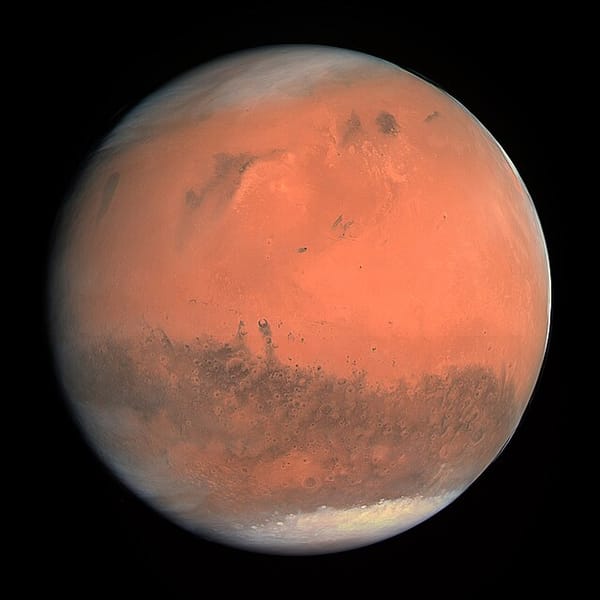Where did all the election candidates go?
Could marketing efforts be behind poor nomination numbers?

A lukewarm candidate turnout marks the beginning of this year’s Leadership Elections, as revealed by the publication of the manifestos earlier last Monday, after nominations closed on Sunday.
Despite boasting over 700 candidates and “Britain’s most active student democracy”, representation for some of the major positions has been disappointing.
Last year, saw a record breaking 32 candidates running for one of the full-time sabbatical positions, including eleven students contesting the Union President role and nine contesting the Deputy President Welfare role (DPW). On the other hand, no one actually ran for Deputy President for Finance and Services in the first round of elections last year.
This year in comparison, there are only 21 students running for sabbatical positions. From those, only thirteen can realistically be considered serious candidates. Particularly in the case of Union President, arguably the most prestigious role available, only one candidate has bothered supplying a headshot or a manifesto, with the rest having presumably missed the deadline. Though since, four candidates have officially pulled out of the race. We reached out to them to enquire on the reasons behind their incomplete campaign but have not received any comment. Whether this will work to the advantage of the candidate who has provided a manifesto, or to their detriment, causing a RON (re-opening of nominations) vote cascade remains to be seen.
Union President, Nas Andriopoulos said: “All of the sabbatical roles, including ICSMSU President and felix, are contested and have some strong candidates from various backgrounds within the Union. Following last year’s bumper crop of candidates, I am saddened that more students have not nominated themselves, and I am especially disappointed that more of the presidential candidates did not submit a manifesto. It is obviously less than ideal for our democracy, but none of these elections are appointments and I would like to remind voters that they can vote to Re-open Nominations (RON).”
One Union source that would like to remain anonymous blames it on marketing efforts, which haven’t been as strong as in previous years in the time leading to the closure of nominations. “I can’t say they started it late, but compared to previous years, the marketing came out a lot later. They did only do workshops around the last week of nominations. I can see that affecting people on the border of running or [people who are] not Union-involved, because it takes longer to convince these people to do it. Quite often these are some of the people who would be best for the job because they have the right amount of self-doubt to push themselves. They tend to entirely do it because they care and they love it.”
This year also marks a five year low for Council Chair and Student Trustee candidates, with only two students contesting each role (there are two Student Trustee positions so the role is technically uncontested). But it’s also a bad year for Constituent Unions, with only six students running for President across all constituent unions (ICSMU is considered a sabbatical position and not taken into account here). The Presidential roles of the RCSU and RSMU are uncontested.
On the plus side, we’re seeing a spike of interest in the Liberation roles, including two candidates contesting the newly established Mental Health Officer role. Andriopoulos said: “One of the most pleasing things about this set of elections is the number of candidates running for Liberation Officer roles, which now includes the new Mental Health Officer. All of these positions are contested by some very experienced, passionate candidates and this suggests good things for campaigning in the future.”








